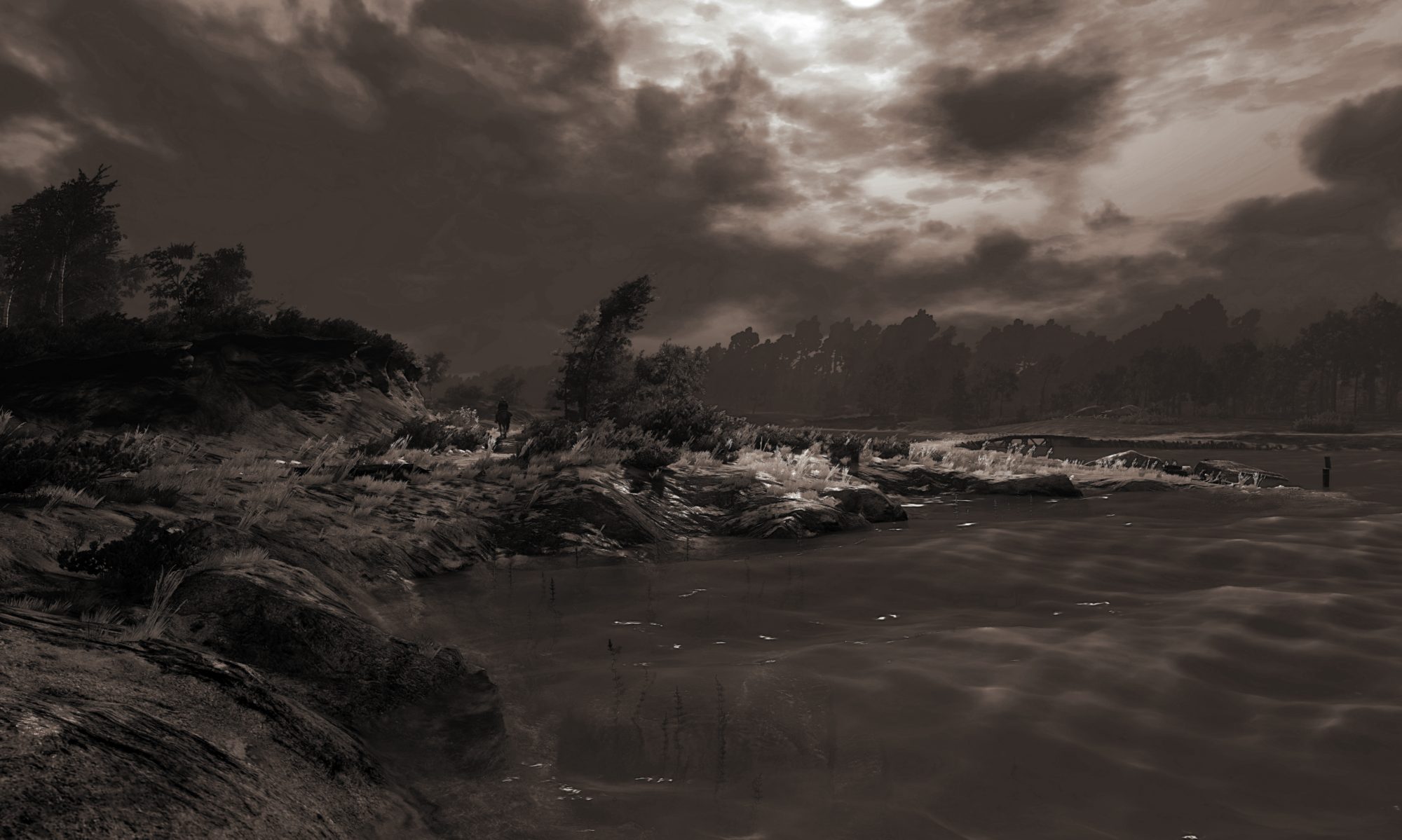Summerfest is Milwaukee’s annual music showcase, spanning 11 consecutive days (except for the single Monday that falls in the middle) in June and July. Nearly a dozen stages line the grounds which lay along the Lake Michigan shoreline. Between them are a handful of “unofficial” stages that host local musicians playing for quaint crowds of exuberant friends and family. Outside of music, food is Summerfest’s other attraction and there are a few unusual items that warrant the excessive prices (I’m still trying to replicate the apricot, goat cheese flat bread that was my exclusive diet last year).
I stopped going to Summerfest in my late 20’s. I hate crowds. I hate drunks. I really hate drunken crowds. It’s that simple.
Since 2014, however, I’ve worked at Summerfest as a bartender to make extra money between semesters. Behind the bar, I found it was easier to avoid the crowds. Drunks were dealt with individually rather than as a throng to elbow through. It’s a horrible job if you are a decent bartender and don’t like being micromanaged. Every year, I said, “never again.” When the boilerplate email arrived asking if I was interested in returning, I inevitably said “yes.” This, of course, became a running joke in the household.
So I was more than agreeable when asked to train as an assistant manager in 2018.
Why? Like many shitty jobs, it’s because of the people I worked with. In addition to the vast number of students, most “front of the house” positions are filled by professionals from the public sector. Teachers, parole officers, principals, social workers, and park rangers all behind the bar slinging suds for Midwesterners looking to spend their hard-earned cash on overpriced beer, french fries, and a “free” George Thorogood show… but I digress.
I have always had a fascination with the Summerfest grounds themselves. I can’t tolerate being on the grounds when they’re being used for one of the myriad festivals that occupy the space. But I relish those periods when the grounds are empty. Each night after the last Summerfest patron has stumbled out the gate, the residue of mass consumption lay strewn about: among the piles of Summerfest cups (all crowned with the fill-to line that has irked many a goer) lay crushed water bottles and whorls of grease-soaked wax paper. As I head out towards the trailer where we turn in our final numbers,the clean-up crews are already moving dunes of trash with industrial strength leaf blowers. I am always amazed at the pristine state of the grounds each morning when I return.
Between festival seasons, I return to the grounds several times a month. Although most of the grounds are gated off, a sliver of trail that traces the lagoon remains open to pedestrians. It’s an easy way to pick up a couple miles during a long run.
Earlier this year, Summerfest organizers announced plans to postpone the festival due to the coronavirus pandemic. Rather than 11 days, Summerfest would be spread across three weekends in September.
Today, organizers cancelled the event altogether.
At first, the news disappointed me. It wasn’t really much of a surprise, however. Every time Milwaukee seems to be turning a corner, something seems to erode all precautionary measures. Our numbers continue to rise even though other regions of the state have started to surpass the city.
So it seems fitting to pull out some images taken over the years of an empty Summerfest. You see, the festival is really a victim of its own undoing. The same behaviors the festival relies on to operate are those same needs and wants that have contributed to the virus’ spread.
At the end of the evening, the evidence of our consumption are everywhere. One could literally wade through our waste.
